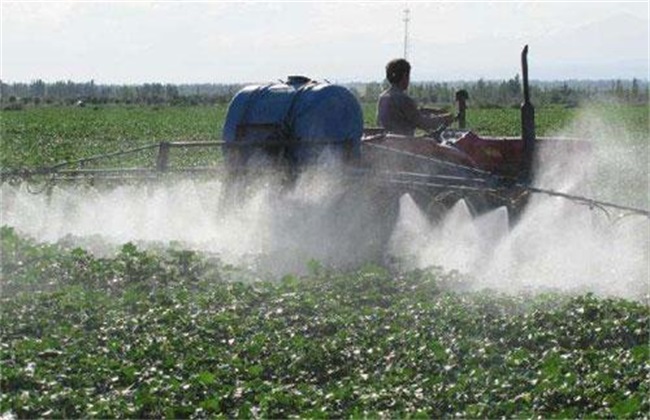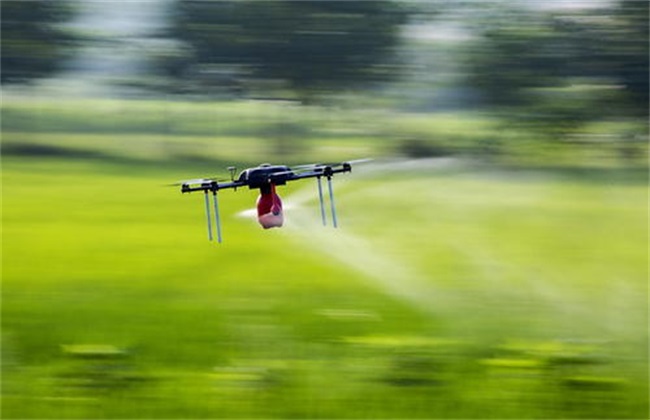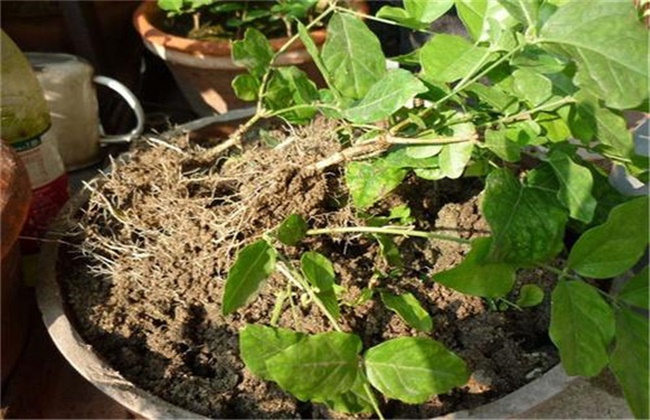Shortcomings of Chemical Pesticide Control
Pesticides are the key items used to control diseases and insect pests in planting and production. Rational use of pesticides can control a variety of pests, and the scope of application of chemical pesticides is also very wide, its advantages are still very obvious. However, although there are advantages, there are also many disadvantages. So what are the disadvantages of chemical pesticides? The following editor brings you the shortcomings of chemical pesticide prevention and control, let's have a look!

1. Influence beneficial microorganisms and insect natural enemies
In the time of planting and production, there will be many natural enemies of pests in the field. These natural enemies can control the number of pests in the field by means of predation or parasitism. On the other hand, beneficial microorganisms can produce antagonism and effectively prevent the reproduction of pathogenic bacteria. However, when we use chemical pesticides, although we can eliminate pests, diseases and weeds and other pests. But it can also do harm to insect natural enemies and beneficial microorganisms. Causes the pest to lose the natural enemy limit, instead has created the pest threat.
2. Pests produce resistance.
At the beginning of the pest threat in the field, the rational use of chemical pesticides can effectively achieve the control effect. But if there is no scientific use or long-term single use of the same chemical pesticide. Then it will cause the emergence of antibodies to certain chemical pesticides in pests, and become a new population of pests, especially for pests and weeds, which will greatly increase the difficulty of control.
3. Cause poisoning
As a control agent, chemical pesticide itself contains greater toxicity, if the toxicity is not strong, then its control effect will be affected. Therefore, most of the components of chemical pesticides are dominated by harmful substances. When we use it, if it is managed or used improperly. Then it is extremely easy to lead to human and animal poisoning, especially some pesticide residues on crops, if accidentally eaten, then it is also very easy to lead to poisoning among eaters.
4. it is easy to cause drug damage.
When spraying pesticides, if the pesticide is used too much or is not selected properly, it is very easy to cause drug damage to crops. Light can affect the normal growth of crops, while heavy can lead to crop death. At the same time, after the application of pesticides, some pesticides will enter into the nature. Although some of them can be degraded by light and microbial decomposition. However, there is also a non-degradable one that will pollute the environment and enter the human body through the food chain, causing harm to human health.
The above is a brief introduction to the shortcomings of chemical pesticide prevention and control. That's all for today's introduction. This article is for reference only. I hope it can be helpful to everyone.
Related
- Fuxing push coffee new agricultural production and marketing class: lack of small-scale processing plants
- Jujube rice field leisure farm deep ploughing Yilan for five years to create a space for organic food and play
- Nongyu Farm-A trial of organic papaya for brave women with advanced technology
- Four points for attention in the prevention and control of diseases and insect pests of edible fungi
- How to add nutrient solution to Edible Fungi
- Is there any good way to control edible fungus mites?
- Open Inoculation Technology of Edible Fungi
- Is there any clever way to use fertilizer for edible fungus in winter?
- What agents are used to kill the pathogens of edible fungi in the mushroom shed?
- Rapid drying of Edible Fungi



